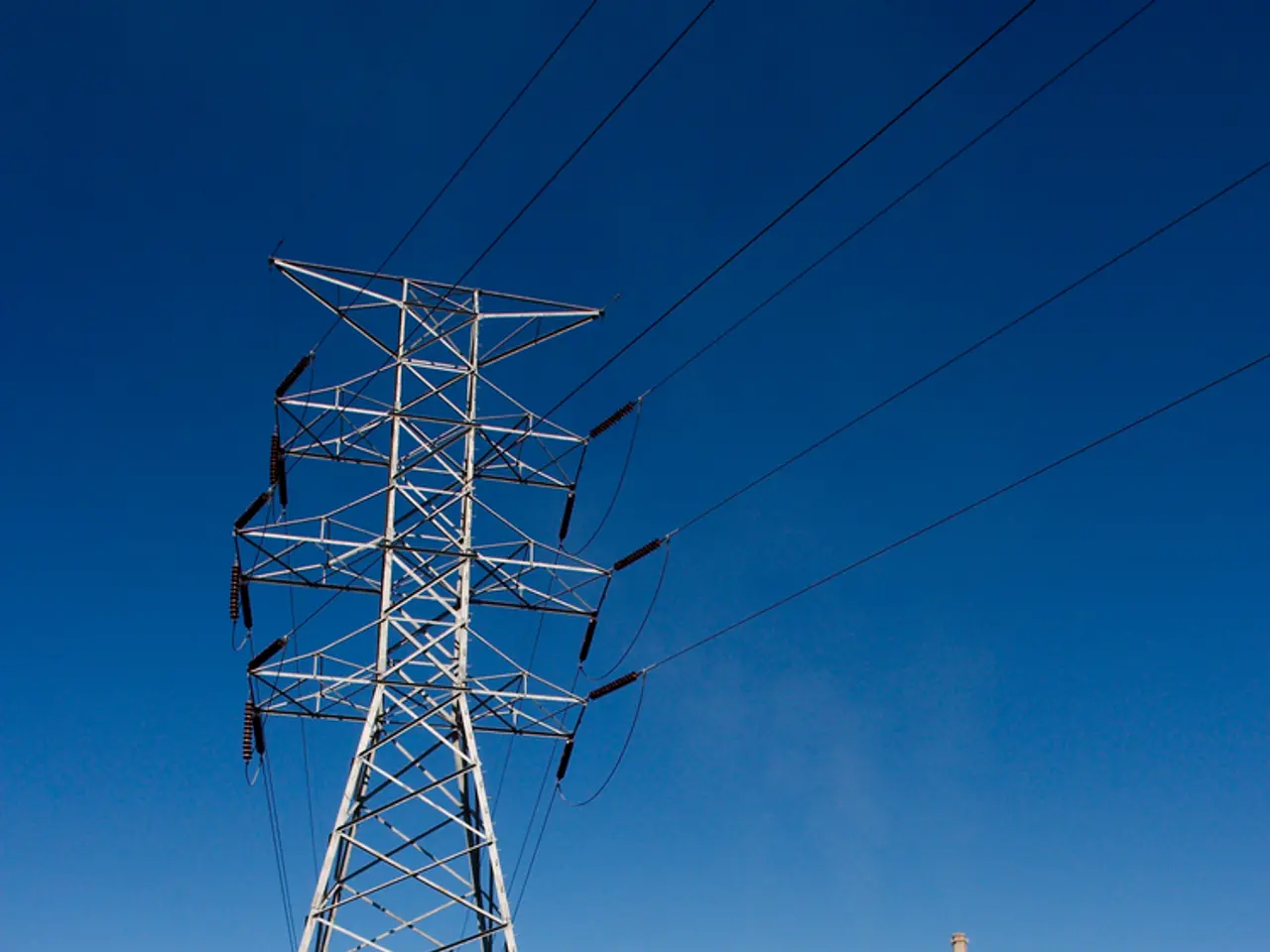Overvoltage incident led to massive power outage in Spain during April.
The April 28 power outage in Spain was a multifaceted issue, according to Ecological Transition Minister Sara Aagesen. She bluntly stated that there wasn't enough juice – or voltage control capacity – in the system that day.
Excess electrical voltage in a network can wreak havoc, overloading equipment through surges resulting from oversupply, lightning strikes, or faulty protective equipment. On this particular day, the network struggled to keep the voltage in check, leading to a catastrophic chain reaction.
Aagesen called out a few energy companies and Spain's grid operator, REE, for disconnecting generators inappropriately to shield their installations, exacerbating the situation. She also pointed fingers at a programming flaw that contributed to the insufficient voltage control capacity.
However, she stressed that Spain's grid should theoretically withstand such conditions, highlighting it as a preventable mishap. In response to criticism that the power outage was solely due to renewable energy reliance and a lack of nuclear power plants, she emphasized there was no concrete evidence to support that claim.
Sanchez swiftly formed an inquiry commission to investigate the blackout and determine appropriate measures to prevent future fiascos. Unfortunately, the report's findings may take several months to unravel due to the incident's complexity.
Some contenders for the cause of the blackout included a cyberattack and excessive renewable energy production. Aagesen dismissed these theories, but acknowledged that vulnerabilities and deficiencies had been pinpointed in Spain's power grid security systems.
Experts argue that grid optimization and flexibility are crucial for enhancing resilience as power systems evolve. They hailed renewable energy sources as playing a pivotal role in restoring system stability during the crisis.
The overall recommendations center around strengthening supervision and compliance for operators, increasing Spain's electrical capacity, and improving the country's electricity connections with neighboring countries. The plan also includes implementing comprehensive security system upgrades to better manage voltage control, protect against electrical surges, and improve overall grid control and monitoring.
In a nutshell, the power outage was largely due to a perfect storm of overvoltage, poor generator response, and system constraints, requiring improvements in voltage control, generator coordination, and overall grid operational planning.
France's energy industry could benefit from studying Spain's power outage incident, as improvements in voltage control, generator coordination, and overall grid operational planning are crucial. With the focus on enhancing grid resilience and flexibility, France's finance sector may play a significant role in funding the necessary upgrades in electrical capacity, electricity connections, and comprehensive security system overhauls.




